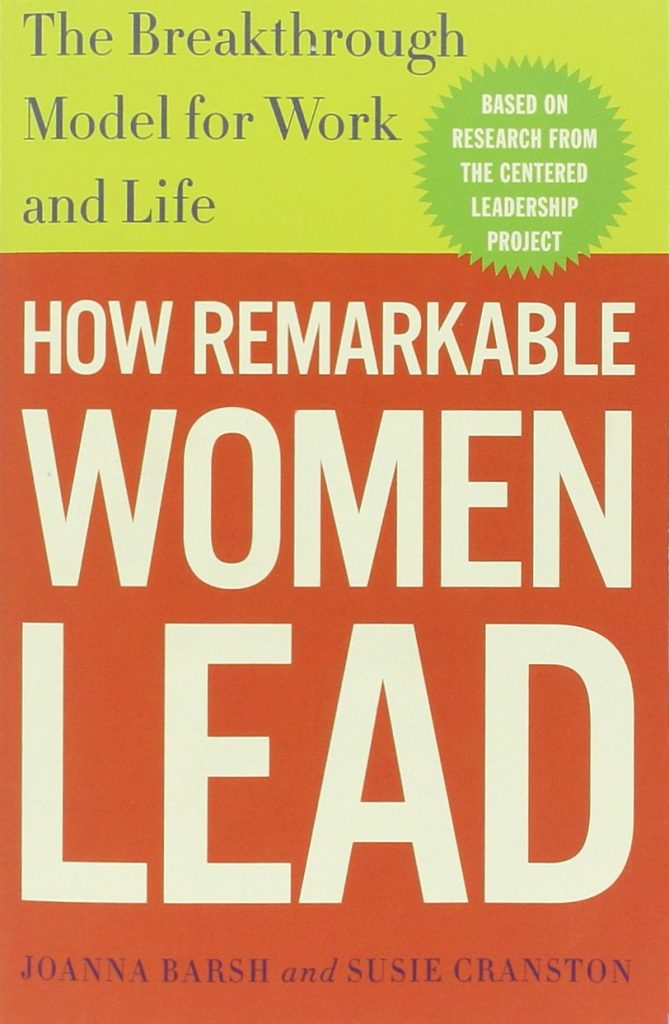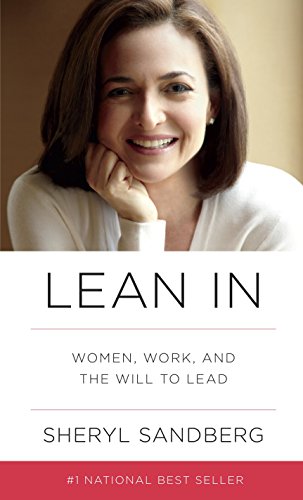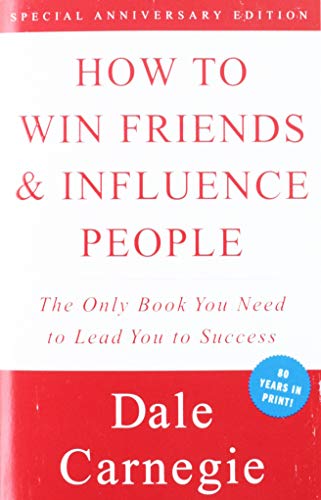Those of us in our 30s know it’s an incredible decade to be a professional women.
Two years ago when millions of women (and men alike) stormed the streets in women’s marches around the globe to proclaim their outrage and despair at the many gaps women face. At the time, no one knew whether it was a moment or a movement.
Now the answer is coming into focus. It is clear that it was undoubtedly the start of a movement, embodied by the #MeToo uprising. Women are now in political office and in record numbers. They are challenging the sexual status quo from corporate offices to Hollywood, pursuing power like never before. And they are making strides in their careers.
But there is one barrier yet to be tackled: Money.
Women don’t invest as much as men — we keep 71% of our money in cash (in other words, out of the market). This is part of the reason that we retire with tw0-thirds the money of men (even though we live six to eight years longer and have higher medical costs). Plus, 80 percent of us women are single in our final years.
Ugh.
But, don’t despair. We can change this.
To learn more about what financial goals to set in our 30s, we sat down with Sallie Krawcheck, a former Wall Street executive who founded and now serves as the CEO of Ellevest.
Here are some smart money moves you can make now that Future You will seriously thank you for.
1. SAY GOODBYE TO BAD DEBT
In your 30s, you’ve (hopefully) started to check off important money milestones. And if there is one financial goal that we should start making in our 30s, it is to rid ourselves of any existing “bad” debt. There are different forms of debt, with some better than others. “One type of debt that is never good is credit card debt. The best rule on credit card debt: if you need to rack up credit card debt to buy something, just don’t buy it. Seriously. Just don’t buy it,” says Krawcheck. On the other hand, Krawcheck believes that student loan debt or home-mortgage debt are examples of debt that can be potentially positive. That is because they provide us with something of value, whether it be an education or a home. These are both investments that cannot be taken away from us in most cases, and their interest rates are usually much lower as well. An added bonus: you can deduct taxes on the interest you pay on those loans. The takeaway here is to clear our plate of any existing “bad” debt so we can worry about more important matters.
2. SAVE YOUR MONEY
Rule of thumb here is that we should save 20% of our income beginning from our very first paychecks. If we can’t quite afford to set aside such a hefty amount for retirement or other investments, we don’t have to lose hope though. Any amount of savings can make a difference.
3. INVEST IN YOURSELF
There are a million “excuses” to put investing off: You aren’t sure if you know enough to get started. You’re expecting a raise. Retirement feels a hundred years away.
But there’s one, even more pressing reason why you should start ASAP (like, right now): $100 a day. $4 an hour. $3,000 a month. That’s how much you could miss out on by waiting to invest. (You can thank compounding returns for that one.) Here’s the math on that.
We are our very best assets. Investing in yourself is one of the best things you can do in our 30s. There is always the possibility that your life will become so inundated with caring for children, partners, parents, and demanding careers that our dreams will drown in the process. Whether your goal is to start our own business or to get an advanced degree in a subject that enlivens us, let’s not be afraid of investing in our hopes and dreams. With sound judgment guiding you, you can’t lose anything by saying “yes” to what our souls are calling for. “If you have a goal you’re not investing in, it’s just a dream,” says Krawcheck.
4. ASK FOR THE RAISE
Once we hit our 30s, chances are that we have finally settled on a career that works for us. With that assumption in mind, it is imperative that we ask for what we deserve because we are our own champions. We can’t expect anyone else to watch out for us. Asking for a raise is our right and the difference in pay is worth it. “Make sure you are getting what you’re worth. A higher salary now sets you up to earn more later, since future raises start from a larger base. That also helps us close that frustrating, infuriating, irritating, can’t-believe-we-still-have-this-in-2017, are-you-kidding-me gender pay gap,” says Krawcheck. In the long run, getting a raise is going to make a difference that is worth the potentially awkward conversations that may precede the pay raise. Here are 7 things you should know before asking for that raise.
5. INVEST YOUR MONEY
If you haven’t already started investing, you want to start today. Why? Because you could be missing out on $100 a day by waiting to invest. Every. Single. Day.
But how much should you contribute? The short answer, Krawcheck tells Business Insider, “Anything you can. Think you don’t have enough to invest? Think again. Krawcheck says that contrary to the idea that you should wait until you have a substantial amount to invest, you can start with just $50 or $100 to put in. Why? Because it will start compounding right away. “Over time,” Krawcheck said, you will “have a return on that money you put in, and then you’ll earn a return on that return, and then you’ll make a return on that return on that return.”
Think you don’t have enough to invest? Think again. Krawcheck says that contrary to the idea that you should wait until you have a substantial amount to invest, you can start with just $50 or $100 to put in. Why? Because it will start compounding right away. “Over time,” Krawcheck said, you will “have a return on that money you put in, and then you’ll earn a return on that return, and then you’ll make a return on that return on that return.”
Ellevest offers financial goals set for specific goals. So if you want to buy a house in three years, Ellevest will help to customize a plan to help you reach your goals.
6. DEVELOP A BUDGET
Your 20s are meant for building a solid spending foundation. But now that you are in a new, wiser decade of your life, it may be time to reconsider and renew your existing budget. A budget isn’t designed to be static. It can and should be fluid, taking into account the countless life changes that may manifest in the 30s. What was once important in our 20s may be irrelevant in our 30s, as we oftentimes have greater responsibilities to consider. Children, anyone? We all have different priorities that are at the forefront of our lives and, with that in mind, it is imperative that we create budgets that can support our unique lives accordingly. Side tip: try not to compare yourselves with anyone else or try to stretch your budgets in order to compete, as that is a dangerous road to take. Instead, simply aim to better your financial health without taking any crazy financial turns.
7. MAKE SURE YOU HAVE A GOOD CREDIT SCORE
Building a strong credit history can make a sizable difference when it comes time to apply for a loan towards the purchase of your first house or the funding of your child’s education, as it will cost you less to do so. The better your credit history, the easier it is to borrow money from lenders. According to bankrate.com, “Today’s economy runs on credit.” In addition, outside of applying for a loan, maintaining strong credit score is also significant because it defines our reliability and maturity to landlords, insurers, and employers. Our credit score is a critical part of our financial identity.
8. CONTROL YOUR OWN FINANCES
For those of you who are married and/or share finances with a partner, be sure to maintain a powerful hold on your own money. Outside of our health, our wealth is our lifeline. If we are not aware of it in full detail because we trust our partners to manage the finances, we are essentially giving our power away to those partners. “Few of us think we’ll get divorced or that tragedy will strike, but look around. It does. You don’t want to be learning about your financial situation while you’re in shock,” says Krawcheck. We can’t predict the future so we need to be prepared for anything. As much as we wish we could solely rely on our partner’s to take care of our finances, the risks outweigh the benefits. We should always be equal partners in managing and guiding our finances.
9. TAKE MORE RISKS
Take more risks. Period.
Women are much more risk-averse than men, oftentimes holding back on financial risks such as investing. According to Krawcheck, “We tend to be more risk-aware in our investing. While this may sound counter-intuitive, our longer lives – and the fact that we retire with two-thirds the retirement savings of men – can call for somewhat greater (but still prudent) risk taking, to earn a higher return. This is something that many women have to push themselves to do.” Outside of investing, taking risks with our careers, educational pursuits, and purchases may benefit us in the long-term. Within reason, women can most definitely afford to stretch their risk-taking boundaries towards newer and bolder horizons.
10. CONSULT WITH A FINANCIAL ADVISOR
No matter how much research we may do on our own in order to become financial experts, consulting with a financial advisor is an intelligent investment of our time and money. We may get away with foregoing this step with ease. However, the financial decisions we are met with in our 30s are more complex than those from our earlier years and may benefit from the guidance of financial professionals.
According to Krawcheck, one of the top financial mistakes women make is using their husband’s financial advisor as their own. “Here’s a test: at your next joint meeting, how much does the advisor engage you/speak to you/look at you? If “he” spends most of his time talking to “him”, find your own advisor. If you are single, then you should absolutely consider consulting with a financial advisor. It doesn’t hurt to step outside of the box and try something new for your own financial gain.
Next up, 7 smart money moves to make in your 20s.
For most of us, our 20s the decade of adulting, including with our money. So where do you start? Here’s a roundup of seven steps to take now, from our friends at Ellevest.
Ready to take control of your financial future? Sign up to get your free financial plan now.

Here are more personal finance topics for you…
The One Money-Habit All Wildly Successful Women Share
The Personal Finance Tips Everyone In Their 20s Should Follow
3 Reasons Why You Need a Roth IRA- Even If You Have a 401(k)
Questions? We’re here to help. Leave us a comment and we’ll get back to you!
Related Stories
Trending Stories
Thanks
for joining!
Thanks
for joining!
We send good emails.
Subscribe Now.


















